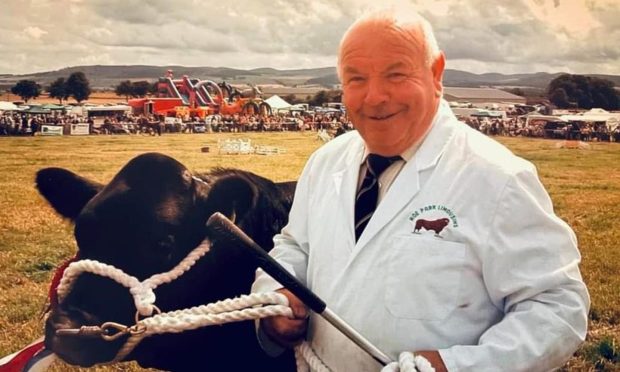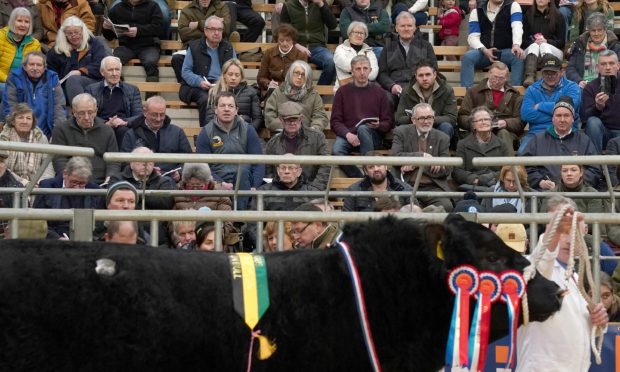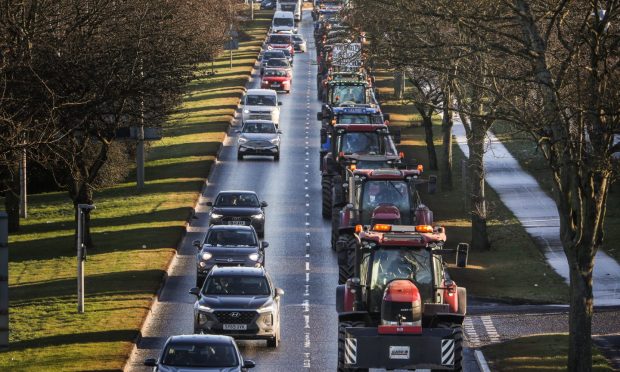The long-delayed European convergence funding of £160 million is expected to finally come home to Scotland in the next financial year, beginning in April 2020.
That is the understanding of farmers’ union leaders who met Prime Minister Boris Johnson on a farm near Banchory yesterday. Scottish farmers will also receive an extra £51.4m over the next two years as a result of recommendations made in the Bew Review of fair funding allocations within the UK.
The funds, and how to spend them, will be discussed by NFU Scotland’s (NFUS) board later this month.
However Jim Walker, Scotland’s representative on the Bew advisory board who is widely credited with playing a major role in securing the missing cash, has already outlined a case for ambitious schemes to revitalise the industry which he will deliver directly to the Scottish Government.
“No one expected us to spring £200 million,” said Mr Walker, a former union president.
“It now needs to be used to make a difference, particularly to the beef industry. We have an opportunity here to stop the sector dwindling further and it doesn’t take a genius to see how the beef industry can become more efficient and come up with practical solutions to the climate change agenda.”
Discussions with the prime minister also focused on Brexit-related tariff and trade deal concerns. The union’s chief executive Scott Walker, told Mr Johnson trading arrangements are central to the industry’s future fortunes.
Mr Walker said: “As the UK sets out to strike its own trade deals, we pressed the case for these to respect the high production standards that Scottish farmers are asked to meet. It would be unacceptable for us domestically to produce to higher standards and then allow lower standard products into the UK. “We have the ambition to double the size of the farming, food and drink industry in Scotland to £30 billion. We want to be able to export but we must ensure that products coming into the UK are equal to the standards to which we produce.
“We also raised our concern about the UK proposed tariff schedule. We should not be unilaterally cutting tariffs on some imported products as this will take away one of our key negotiation levers and place our farmers at a severe disadvantage.
“If the EU insists on imposing tariffs on Scottish farm products, then we should be doing the same in return. We have demanded that the UK reconsider its proposed tariff schedule.”
nnicolson@thecourier.co.uk










